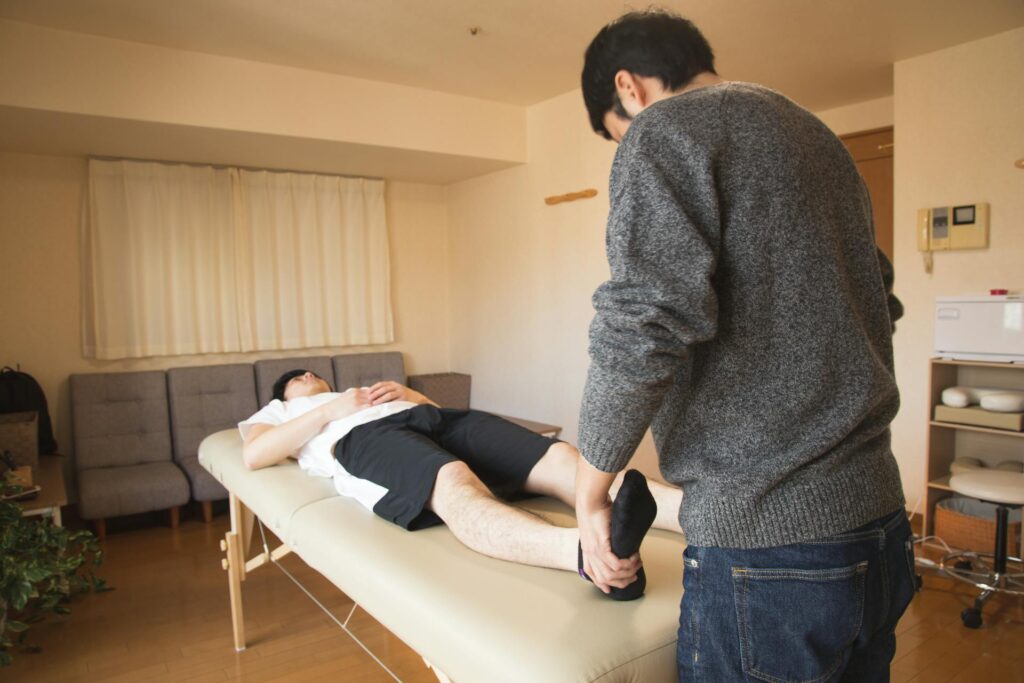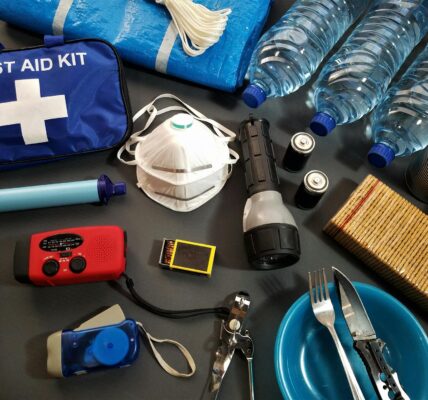Physiotherapy, or as many people know it, physical therapy, is a healthcare position that focuses on bringing back optimal physical function, mobility, and overall well-being. It’s a versatile field that can benefit people of all ages and fitness levels.
What is Physiotherapy?
So, what is physiotherapy and how can it help the average person? First of all, physiotherapy is a science-based profession. It involves assessing, diagnosing, and treating a wide range of physical conditions. Physiotherapists use various techniques and approaches to help patients recover from injuries, manage chronic conditions, and improve their quality of life.

Key Components of Physiotherapy
• Manual therapy• Exercise prescription• Education and advice• Electrotherapy• Hydrotherapy
Physiotherapists tailor these components to each individual’s needs.
How Can Physiotherapy Help the Average Person?
Pain Management
Physiotherapy can effectively manage various types of pain. This includes:
• Back pain• Neck pain• Joint pain• Muscle strains
Techniques like manual therapy and targeted exercises can provide relief and prevent recurrence.
Injury Recovery and Prevention
For the active individual, physiotherapy aids in:
• Faster recovery from sports injuries• Proper rehabilitation after accidents• Injury prevention through education and exercises
Improved Mobility and Flexibility
As we age, maintaining mobility becomes crucial. Physiotherapy helps by:
• Improving joint flexibility• Enhancing muscle strength• Promoting better balance and coordination
This can lead to improved daily functioning and reduced risk of falls.
Posture Correction
Many people suffer from poor posture due to sedentary lifestyles. Physiotherapy addresses this through:
• Postural assessments• Corrective exercises• Ergonomic advice
Better posture can alleviate pain and improve overall health.
Management of Chronic Conditions
Physiotherapy plays a vital role in managing health conditions like:
• Arthritis• Diabetes• heart disease• Respiratory issues
It helps in symptom management and improving overall quality of life.
Stress Reduction and Relaxation
Physiotherapy techniques can aid in stress reduction. Methods like:
• Massage therapy• Breathing exercises• Relaxation techniques
These can help manage stress-related physical symptoms.
Pre- and Post-Surgical Care
For those undergoing surgery, physiotherapy is essential. It helps in:
• Pre-surgical preparation• post-surgical rehabilitation• Faster recovery and return to normal activities
Workplace Health
Physiotherapy can address work-related issues such as:
• Repetitive strain injuries• Ergonomic assessments• Back pain from prolonged sitting
This can lead to improved productivity and reduced sick days.
Pregnancy and Postpartum Care
Physiotherapy offers support during and after pregnancy. It helps with:
• Managing pregnancy-related pain• Preparing for childbirth• Postpartum recovery
Sports Performance Enhancement
Even for casual athletes, physiotherapy can:
• Improve technique• Enhance performance• Reduce the risk of injuries
Physiotherapy is not just for athletes or those recovering from major injuries. It offers a wide range of benefits for the average person. From pain management to improved mobility, stress reduction to better posture, physiotherapy can significantly enhance one’s quality of life.
The key is to view physiotherapy as a proactive approach to health. Regular assessments and targeted interventions can prevent minor issues from becoming major problems. It empowers individuals to take control of their physical health and well-being.
Remember, you don’t need to be in pain or have a specific condition to benefit from physiotherapy. It’s a valuable tool for maintaining overall health, preventing injuries, and improving physical function at any stage of life. Consider consulting a physiotherapist to see how this versatile healthcare approach can benefit you in your daily life.
Hey there! I’m a self-proclaimed Twitter addict and an unapologetic coffee lover.









